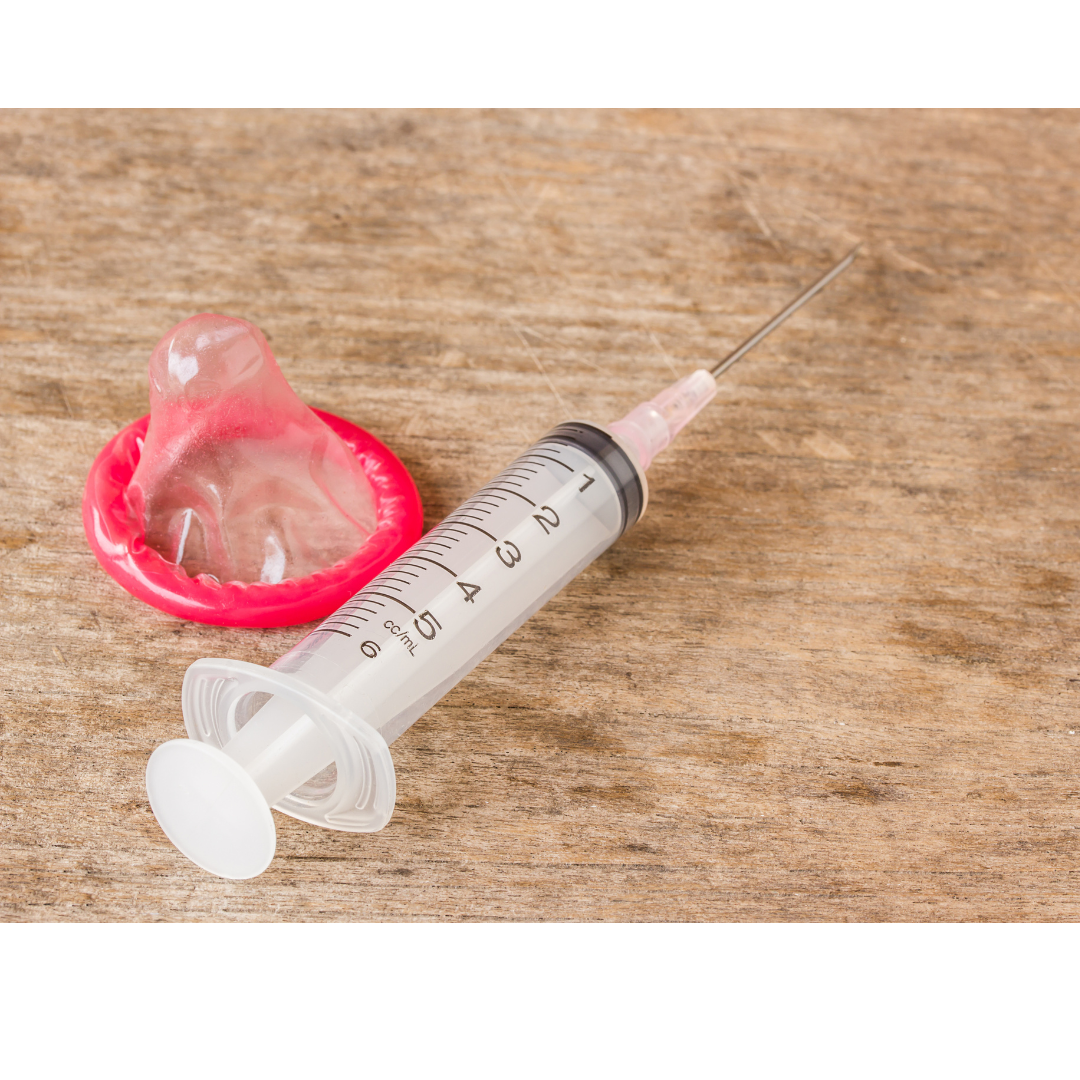
What is HIV?
HIV (human immunodeficiency virus) is an infection that weakens your immune system, meaning you’re more likely to catch other harmful infections.
Anyone can get HIV if they are sexually active, regardless of whether they are gay or straight or where they come from—but HIV rates are higher among gay, bisexual men or men who have sex with men (GBMSM) and people from sub-Saharan Africa living in the UK.
Up to six weeks after getting HIV many people experience a short one- or two-week illness called a seroconversion illness. It’s a sign that their immune system is reacting to the presence of the virus in their body. Seroconversion is also the point at which the body produces antibodies to HIV. Once seroconversion has happened, an HIV test will detect antibodies and give a positive result.
The most common symptoms of seroconversion are:
- sore throat
- fever
- rash over the body
Some people with HIV never get a seroconversion illness and will only notice further symptoms of HIV after a few years. So, whether you notice symptoms or not, if you’ve been at risk you should get tested and use condoms.
